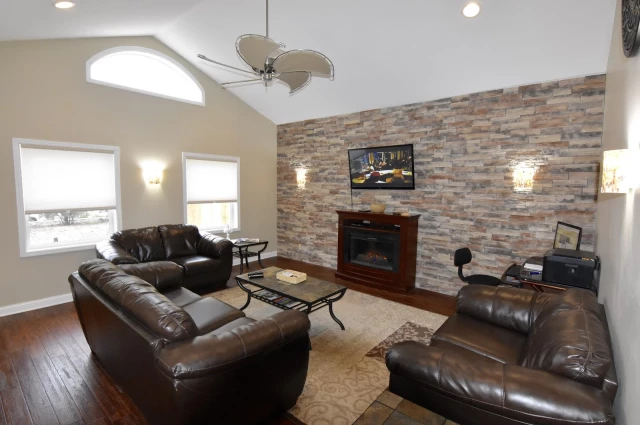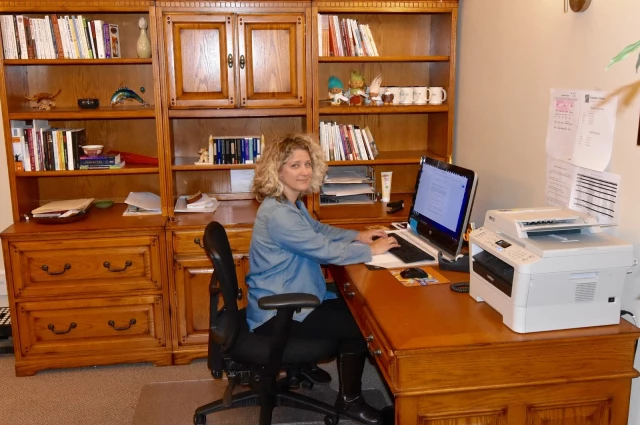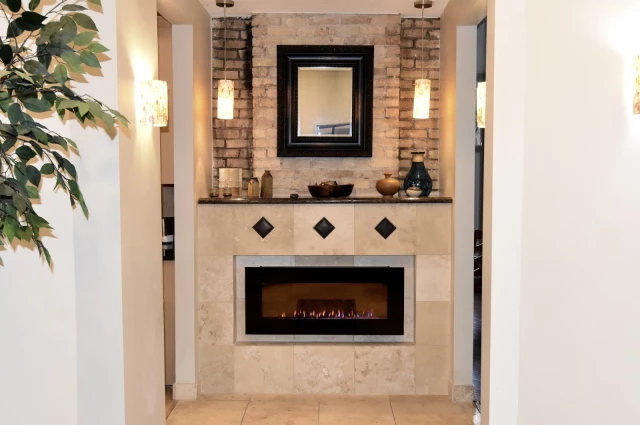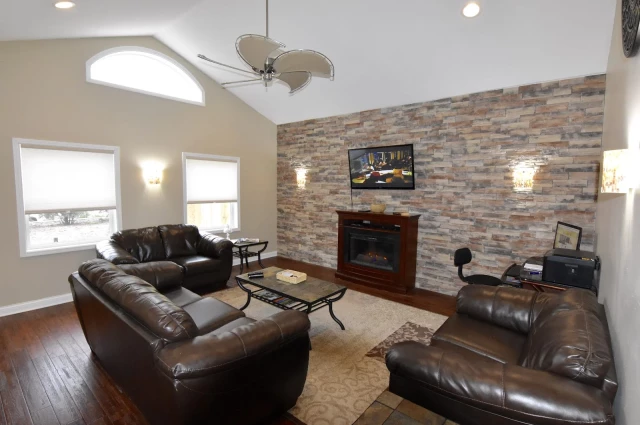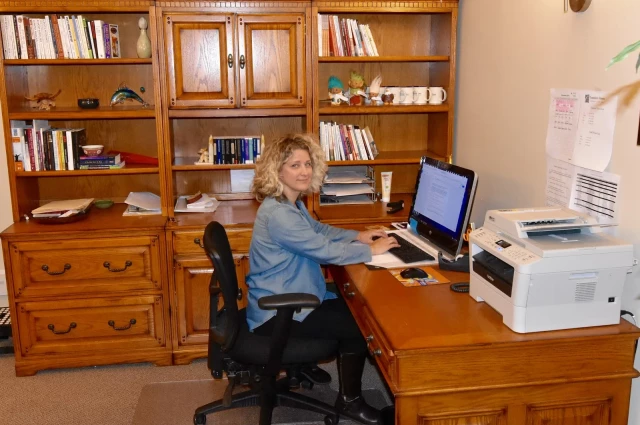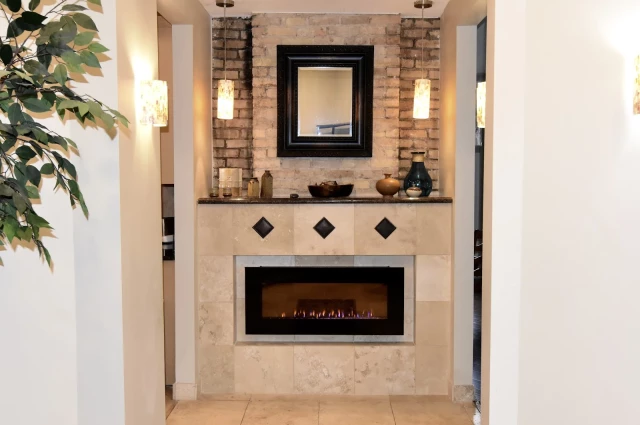Transitions Outpatient Treatment offers a variety of chemical dependency services to assist individuals in their recovery from drug and alcohol addiction. Men's Arches and Women's Cornerstone are gender-specific programs that the facility provides to support both men and women. These programs are designed to explicitly accommodate to the needs of male and female clients. Transitions establishes a secure and organized atmosphere that is conducive to recovery, despite the absence of a faith-based designation.
In addition to Arches Group Residential Housing for men, the facility provides an Intensive Outpatient Program, sober housing, and board and accommodation options through the Men's Cornerstone and Women's Cornerstone programs. The treatment modalities consist of evidence-based practices, group and individual therapy, and client-centered protocols. In addition to hosting daily AA and NA meetings, Transitions is committed to cultivating a robust recovery community. Although accreditation details are not provided, clients are advised to consult the facility for information regarding specific insurance coverage options.
Transitions Outpatient Program Information
Accreditations
-
State mental health department
State mental health department accreditation refers to the process of evaluating and certifying the quality and standards of a state's mental health department, ensuring that it provides high-quality services and meets specific criteria for mental health care. The accreditation process is performed by a third-party organization and helps to improve the overall care and treatment of individuals with mental health conditions.
-
SAMHSA certification for opioid treatment program (OTP)
SAMHSA's Opioid Treatment Programs (OTPs) accreditation is a rigorous recognition process that signifies an OTP's commitment to providing high-quality care for individuals dealing with opioid use disorders. It assures patients, families, and the community that the program adheres to evidence-based practices, employs qualified staff, and maintains a safe treatment environment. This accreditation is a symbol of quality and accountability, offering confidence in the program's ability to support individuals on their path to recovery from opioid addiction.
-
State department of health
Government agencies issue State Licenses, granting permission to rehabilitation organizations to conduct their business operations lawfully within specific geographic regions. Generally, the particular rehabilitation programs offered by a facility and its physical location dictate the necessary licenses needed for legal operation.

Find the best treatment options. Call our free and confidential helpline today!

